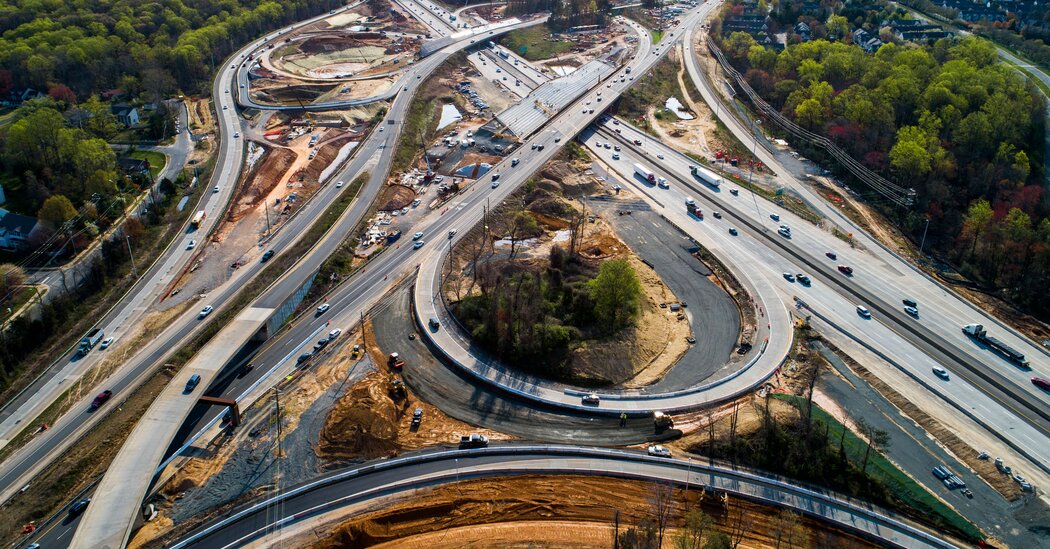WASHINGTON — The World Bank said on Tuesday that the pace of global economic growth was expected to slow in 2022, as new waves of the pandemic collide with rising prices and snarled supply chains, blunting the momentum of last year’s recovery.
This projection underscores the stubborn nature of the public health crisis, which is widening inequality around the world. The pandemic is taking an especially brutal toll on developing countries, largely owing to rickety health care infrastructure and low vaccination rates.
“The Covid-19 crisis wiped out years of progress in poverty reduction,” David Malpass, the World Bank president, wrote in an introduction to the report. “As government’s fiscal space has narrowed, many households in developing countries have suffered severe employment and earning losses — with women, the unskilled and informal workers hit the hardest.”
Global growth is expected to slow to 4.1 percent this year, from 5.5 percent in 2021, according to the World Bank. Output is expected to be weaker, and inflation is likely to be hotter than previously thought.
The World Bank said growth rates in most emerging markets and developing economies outside East Asia and the Pacific would return to their prepandemic levels, still falling short of what would be needed to recoup losses during the pandemic’s first two years. The slowdown in these regions will be more abrupt than what advanced economies will experience, leading to what the World Bank describes as “substantial scarring” to output.
Income inequality is widening both within and between countries, the World Bank said, and could become entrenched if disruptions to education systems persist and if high national debt hinders the ability of nations to support their low-income populations. Globally, the prospect of higher interest rates and withdrawal of fiscal support could take a toll on low-income countries while they are already vulnerable.
Growth in the world’s two largest economies, the United States and China, is poised to moderate considerably. The World Bank said that the recently passed infrastructure law would do little to buttress growth in the United States in the near term and that pandemic restrictions were curbing consumer spending and residential investment in China.
The World Bank is recommending stronger debt relief initiatives to help poor countries as well as urging support for policies that will strengthen their financial systems and improve local infrastructure in ways that will spur growth. Easing global supply chain bottlenecks, particularly for Covid vaccine doses, will be crucial.
“At the start of 2022 the supply of vaccines is increasing appreciably, but new variants and vaccine deployment bottlenecks remain major obstacles,” Mr. Malpass said.


























